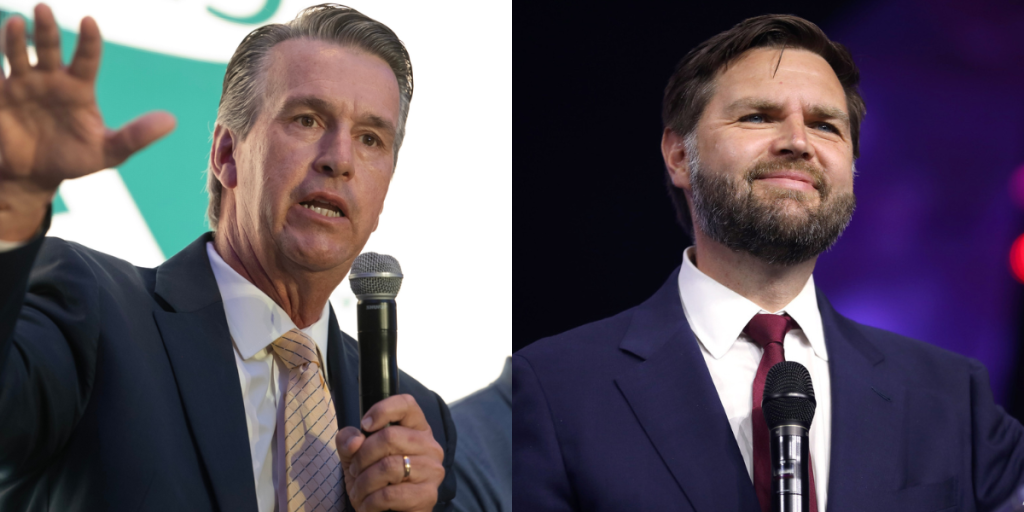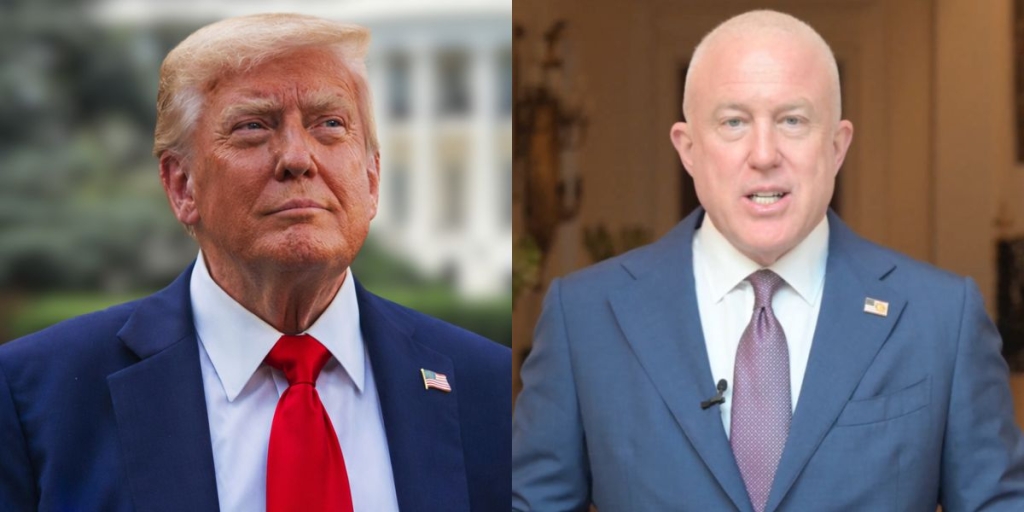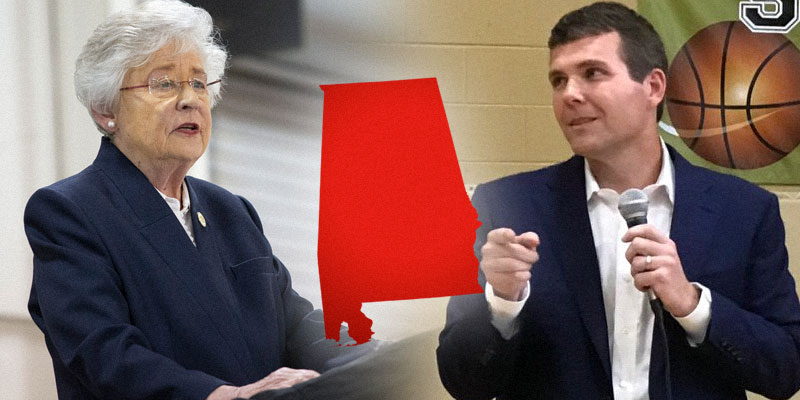A provision in the popular Republican tax bill has non-profits, particularly churches, concerned that they might have to begin filing income tax returns for the first time.
The provision imposes an unrelated business tax when an organization pays for the use of qualified transportation fringe benefits, parking facilities used in connection with qualified parking, and an on-premises athletic facilities by its members or employees.
Bruce Ely, a partner at Bradley in Birmingham and adjunct tax professor in the University of Alabama’s Graduate Accounting Program, said several churches have called him with concerns.
“If you’re parking downtown and the church or YMCA is covering your parking fee, that is probably what is taxable,” Ely told Yellowhammer News.
Ely said it could also mean that a church must pay taxes on the parking spots it offers its staff.
If the provision were to be enforced as such, Ely said organizations and churches would have to start filing tax returns, and most churches have never had to do that.
“Most churches I know have never filed an income tax in their history,” Ely said. “Some of these churches are 150, 200 years old, and they’ve never had to file an income tax return.”
Ely said he doesn’t expect the IRS will enforce the provision as strictly as mentioned, but that remains unclear until guidance is issued.
Rep. Terri Sewell (D-Birmingham), the only member of Alabama’s delegation serving on the House tax-writing committee, derided Republicans for including the provision.
“The Republican Congress rushed through their tax bill with zero hearings, zero bipartisan amendments, and zero public input,” Sewell said in a statement to Yellowhammer News. “The unpopular tax on nonprofit employee benefits is a consequence of Republicans’ rejection of transparency and bipartisan deliberation during passage of the tax bill.”
Rep. Martha Roby (R-Montgomery) told Yellowhammer News that she hopes Congress will address problems that have arisen from the tax law.
“In under a year’s time, the Tax Cuts and Jobs Act has spurred economic growth in this country and allowed hardworking Americans to keep more of the money they earn in their own pockets,” Roby said in a statement. “I am hopeful that we will soon come back to the table to deliver additional tax relief and work out any of the issues in the current law.”
Two Republicans – Rep. Mark Walker of North Carolina and Rep. Mike Conaway of Texas – have already introduced legislation to roll back the new taxes.
Others have argued in favor of the provision, suggesting it creates a level playing field for non-profits and for-profit companies.
“It has a fairly narrow impact in America, and it is about treating a nonprofit hospital the same way you treat a for-profit hospital, making sure the Gates Foundation or some other doesn’t have an advantage over a private sector business when competing for workers,” Rep. Kevin Brady (R-Texas), chairman of the House Ways and Means Committee, recently told reporters.
Ely said that until the IRS or Congress addresses the provision, he is advising his clients to standby.
“My advice is just hang tight,” Ely said. “I think one or two things will happen: either the IRS will issue some kind of guidance, safe harbor or what-have-you to explain exactly how this applies that will at least give us some certainty, or maybe one of these two bills will pass Congress.”
@jeremywbeaman is a contributing writer for Yellowhammer News













